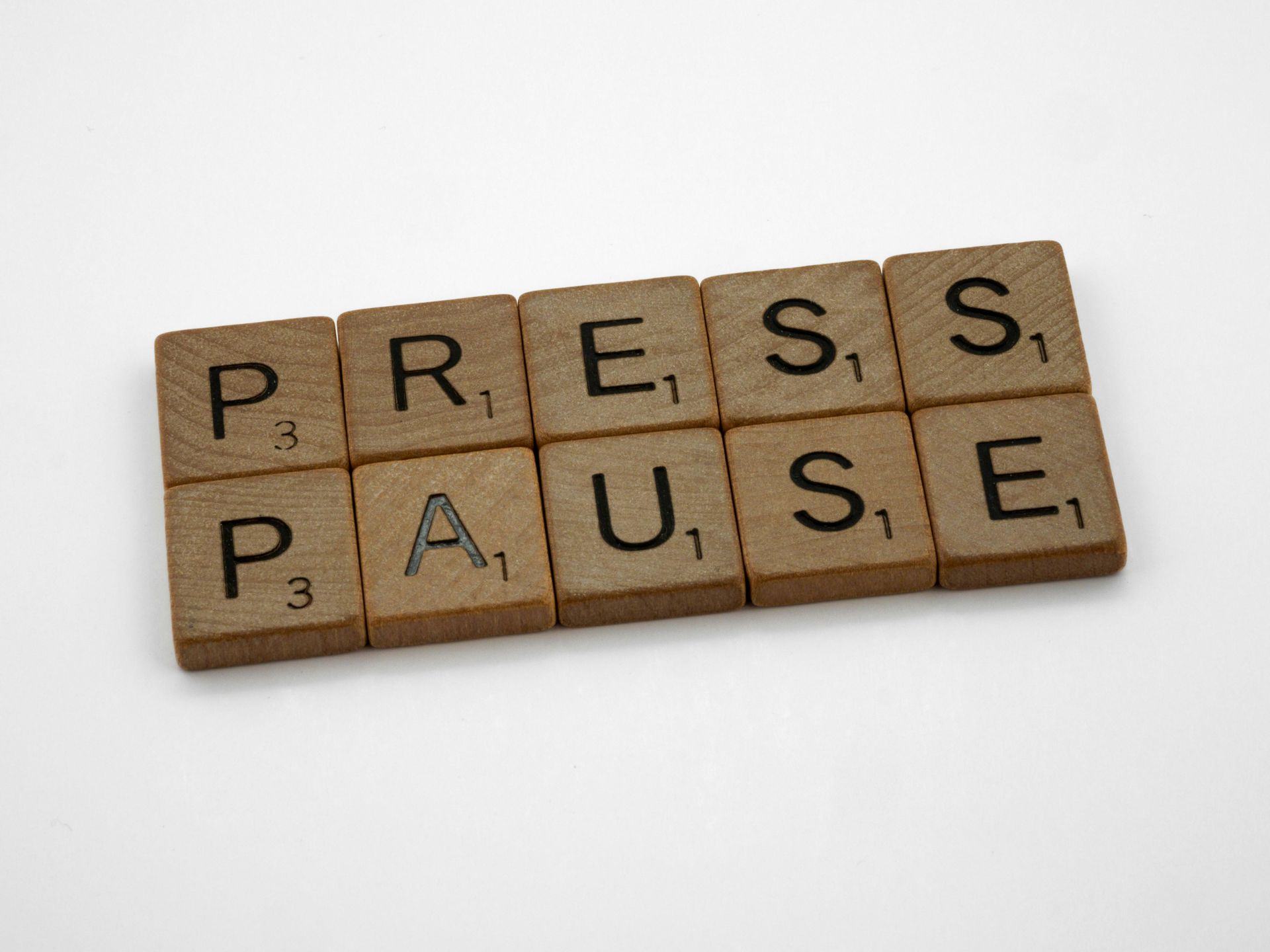Estate Planning for the Family Land: Generational Wealth

Family Land is a common term for property that was purchased decades ago by a Parent, Grandparent, Great Grandparent, Uncle, or Aunt. The land generally serves three purposes:
- Housing (one or multiple) for the family members
- Agricultural, such as farming, timbering, animal husbandry, or orchard/vineyard
- Family Cemetery (common for really old landholding families)
Family Land is usually held in a trust, generation skipping trust, or family business. However, old methods of estate planning may be outdated or not a good fit for Family Land due to two important realities:
- Land and Building Values have drastically increased (Asset)
- Medical Bills and Nursing Home Expenses have drastically increased (Risk/Liability to Asset)
What should you Consider if the aged family member is about to pass?
The Amount of Wealth/the value of the family land should be evaluated/appraised when considering Estate Planning and forecasting risks and liabilities.
For starters, a vacant land that does not have family homes would normally cost less than a land that has 1, 2, or 3 family homes. Similarly, a family land that is "incorporated" into a family business and comprised of many parcels of land may have a value that is a lot higher than one parcel of land. Knowing what to value and how much the value is should be the starting point in any "family land" conversation.
Second, risks and liabilities should be considered. A healthy family member may see their risks and liabilities at the present time. Medical Bills may be relatively low, doctors visits are annually performed, and they reside on the family land. However, it only takes one fall, one car accident, one illness to drastically increase:
- medical bills
- doctors visits
- at-home nurse costs
- physical therapy bills
- nursing home costs
If someone's financial liquidity and insurance cannot cover the costs of the end-of-life expenses, the "Family Land" can be at risk.
Third, taxes should be considered, but taxes may not take priority over a wealth's risks and liabilities. For instance, end-of-life associated taxes may be called an "estate tax" or "gift tax" or "inheritance tax." However, taxes mainly come up if income occurs. In the focus of "family land," income can occur if the land is voluntarily or involuntarily sold. When land is sold, capital gains must be considered.
Capital Gains Discussion: Step up Basis or Sidestep?
Stepping up or Sidestepping sounds similar, but in the context of family land, it can mean the difference of hundreds of thousands of dollars, if not more.
The term "Step Up" in a Capital Gains process means the value of the land would "Step Up" at time of Passing. The new value would essentially be the "purchase price" in which a land sale would calculate the capital gains/losses from a later sale.
Stepping up "sounds" like a good thing. It sounds like "tax avoiding," but in reality, the family land may be at risk for "prior to death" expenses and liabilities.
The term "Sidestepping" in a Capital Gains process means the value would sidestep the step up valuation at time of death. You keep the old valuation, but accept less risks and liabilities.
Example: Grandpa Tom Bought 100 Acres of land in 1950 for $100,000. Grandpa Tom passes in 2023 and the land has an estimated value of $2 Million.
If the estate planning sought to focus on pursuing a "Step Up in Value" approach, the goal of the Estate Planning would be to avoid a Capital Gains of $1.9 Million. If it is the family plan to sell the Family Land after Grandpa Tom's passing, the $1.9 million in tax avoidance may be better than Sidestepping the tax valuation adjustment.
If the estate planning sought to pursue a "Sidestepping Value Adjustment" approach, the goal may be to limit liability. If the family has a history of medical issues, heart attacks or other life altering conditions. It can be imagined that a Parent or Grandparents' end-of-life medical expenses could exceed $2 million, it may be more advantageous to separate the "Family Land" from the family member in a stand-alone, irrevocable trust while alive and healthy (in preparation of the time when health declines and death is imminent). In this scenario, you would be aim to "retain" the family land since it would benefit the family, versus selling and benefiting the hospital, nursing home, and debt collectors.
How do you start the preparation?
Planning!!! An Estate Plan is the best way to start the conversation. It is more than JUST talking about it. It is the way to start to take action, to legally take action in a way to preserve your interests and your wealth for the future.
If you have estate planning questions, please visit more of our website at: Estate Planning, Probate, and Trusts
Disclaimer: This Blog is made available by the lawyer or law firm publisher for educational purposes only as well as to give you general information and a general understanding of the law, not to provide specific legal advice. By using this blog site you understand that there is no attorney-client relationship between you and the Blog/Web Site publisher. The Blog should not be used as a substitute for competent legal advice from a licensed professional attorney in your state.












